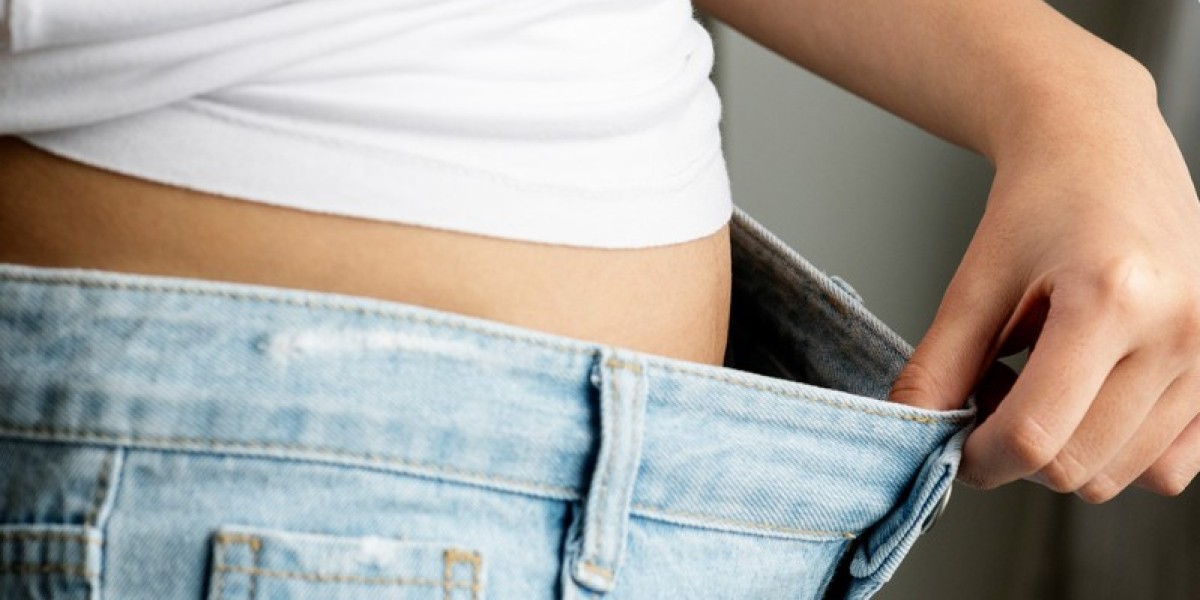Does Weight Loss Affect Periods? | Bestwrites
At Bestwrites, we celebrate women's efforts to live healthier lifestyles through fitness and balanced nutrition. But when it comes to reproductive health, there's one question that often arises: Can weight loss affect your periods? The answer is yes — significant or rapid weight loss can influence your hormones, menstrual regularity, and overall reproductive function.
Understanding the connection between weight loss and hormones enables women to achieve their health goals without compromising their menstrual cycles or overall well-being. ?️♀️
Weight Loss and Hormones: How They Interact
Your menstrual cycle is regulated by a complex hormonal system that involves the brain, ovaries, and fat cells. When you lose weight — especially quickly — your body undergoes hormonal adjustments that can affect menstruation.
Body fat plays a vital role in producing estrogen, the hormone responsible for regulating the menstrual cycle. When fat levels drop too low, estrogen production decreases, which can disrupt ovulation and cause irregular or missed periods. This connection between weight loss and hormones explains why athletes, dancers, and women following strict diets sometimes experience cycle disturbances.
At Bestwrites, we encourage sustainable weight management that supports both fitness and hormonal health rather than extreme dieting that may trigger imbalance.
Body Fat and Menstruation
Healthy body fat and menstruation go hand in hand. Women need a minimum amount of body fat — usually around 17–22% — for normal reproductive function. Fat tissue not only stores energy but also releases estrogen, helping regulate ovulation and the uterine lining.
When body fat drops below this threshold, your body senses an energy shortage and prioritizes survival over reproduction. As a result, ovulation may cease, and menstruation can become irregular or cease altogether.
This biological response is your body's way of conserving energy, but it's also a clear signal that your system needs nutritional balance to function properly.
Amenorrhea and Dieting
One of the most common menstrual issues linked to weight loss is amenorrhea — the absence of menstruation for several months. Amenorrhea and dieting are often associated, particularly in women who adopt restrictive eating plans or engage in excessive exercise.
When calorie intake is too low, the brain reduces the production of gonadotropin-releasing hormone (GnRH), which in turn decreases the production of luteinizing hormone (LH) and follicle-stimulating hormone (FSH). These hormonal reductions suppress ovulation, leading to missed periods.
While amenorrhea is reversible in many cases, it's essential to address it early. A prolonged absence of menstruation can impact bone health, fertility, and long-term hormonal balance. At Bestwrites, we recommend seeking medical or nutritional guidance if your period stops for more than three months.
Fitness and Female Health: Finding the Balance
Regular exercise is essential for overall well-being, but balance is key. The relationship between fitness and female health can become strained when workouts are too intense or paired with inadequate nutrition. High levels of physical stress, combined with insufficient energy intake, can lead to increased cortisol levels and disruptions in reproductive hormones.
To maintain hormonal balance while pursuing fitness goals:
Avoid overtraining by incorporating rest days for optimal recovery.
Eat enough calories: Fuel your workouts with nutritious meals and snacks that provide the necessary energy.
Prioritize sleep: Quality rest supports hormone production and overall well-being.
Listen to your body: Irregular cycles or extreme fatigue may signal that your body needs a break.
At Bestwrites, we remind readers that proper health means strength, energy, and balance — not just a number on the scale.
Nutritional Balance for Women
A well-rounded diet is crucial for maintaining nutritional balance in women, particularly when trying to manage their weight. Include foods rich in healthy fats, protein, and complex carbohydrates to stabilize hormones and support menstrual health.
Key nutrients for hormone regulation include:
Iron: Replenishes blood lost during menstruation.
Omega-3 fatty acids: Support hormone production and reduce inflammation.
B vitamins: Aid energy metabolism and hormonal balance.
Calcium and vitamin D: Strengthen bones, especially important if periods are irregular.
Hydration and moderate caffeine intake also play roles in keeping the menstrual cycle on track.
Final Thoughts from Bestwrites
So, does weight loss affect periods? Yes — your cycle is highly sensitive to changes in weight, nutrition, and activity levels. Too little body fat or restrictive dieting can lead to hormonal imbalance, amenorrhea, and other menstrual disruptions.
At Best Writes, we believe that sustainable wellness is about balance. By focusing on fitness and female health, maintaining proper nutritional balance for women, and respecting your body's needs, you can achieve your fitness goals while preserving your menstrual and hormonal health.
A strong, healthy body works with your hormones — not against them. ?️♀️






